Radon is the leading cause of lung cancer among nonsmokers in the United States. For the uninitiated, radon is a colorless, odorless, and tasteless gas, which is produced due to the decaying of uranium. As the gas gets into the water supply, it can cause contamination. Exposure to radon from well water is a matter of serious concern. If you are in New Jersey, check services like radata.com, for water testing and radon treatment. Here are some significant aspects to know about radon in well water.
How can radon contaminate your well water?
Like any other gas, radon can dissolve into groundwater, causing contamination. As such, people who directly drink or use water from those wells are more likely to get exposed to this radioactive gas. In general, radon is more likely to get trapped in the house, as it can seep through the cracks, gaps, and holes in the foundation and walls. It is, however, not rare to find unacceptable amounts of radon in your well water.
What are possible radon treatments to consider?
Radon can be removed from your water using two methods. The first one is known as the aeration treatment, where the water is mixed with air in a plastic tank, after which the air is vented out, getting rid of the radon. There is also the second method called GAC treatment, which involves using granular activated carbon where radon will stick to the carbon and then get flushed out. While both treatments can get rid of radon from well water, it is essential to hire the right professionals for the job. Like we mentioned, radon is a radioactive gas, and therefore, the work should be done by someone who knows what they’re doing and who will adhere to the necessary safety standards.
When should you call a radon mitigator?
If the radon levels in your water are equal or more than 4,000 pCi/L, you need to call a mitigator for immediate help. In such circumstances, an aeration system is recommended, which can reduce radon up to 99%.
How much does radon mitigation cost?
It all depends on whether an aeration system is being installed or not. Talk to the company and get an estimate in advance. Since the health and safety of your family is at stake, it is always wise to check for radon in well water, at least once every 2 years. The aeration system is one of the better and more permanent options for addressing radon concerns.
Call a mitigator now and get your well water checked for radon levels.

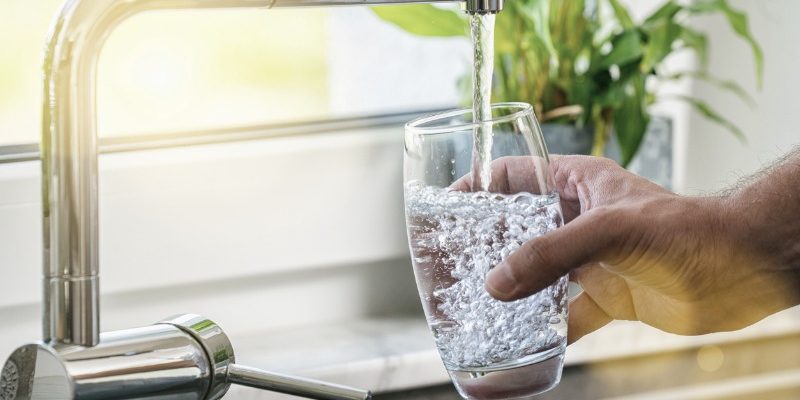
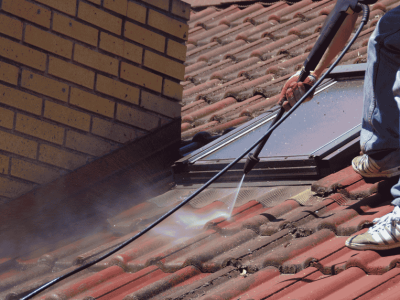
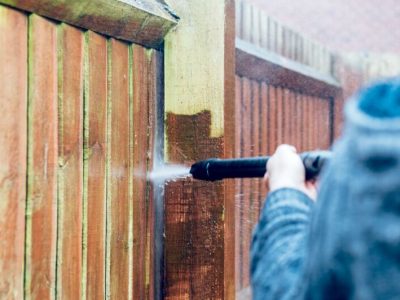
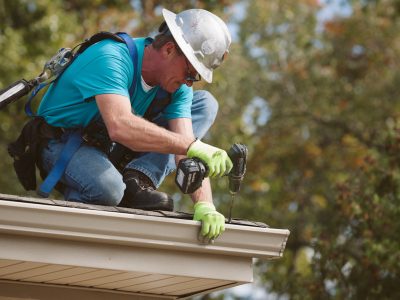


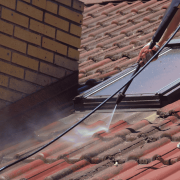
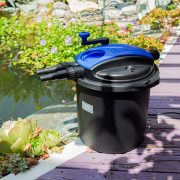
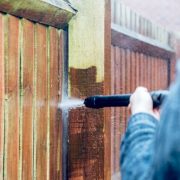
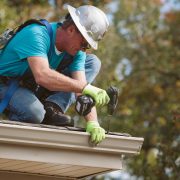

Comments